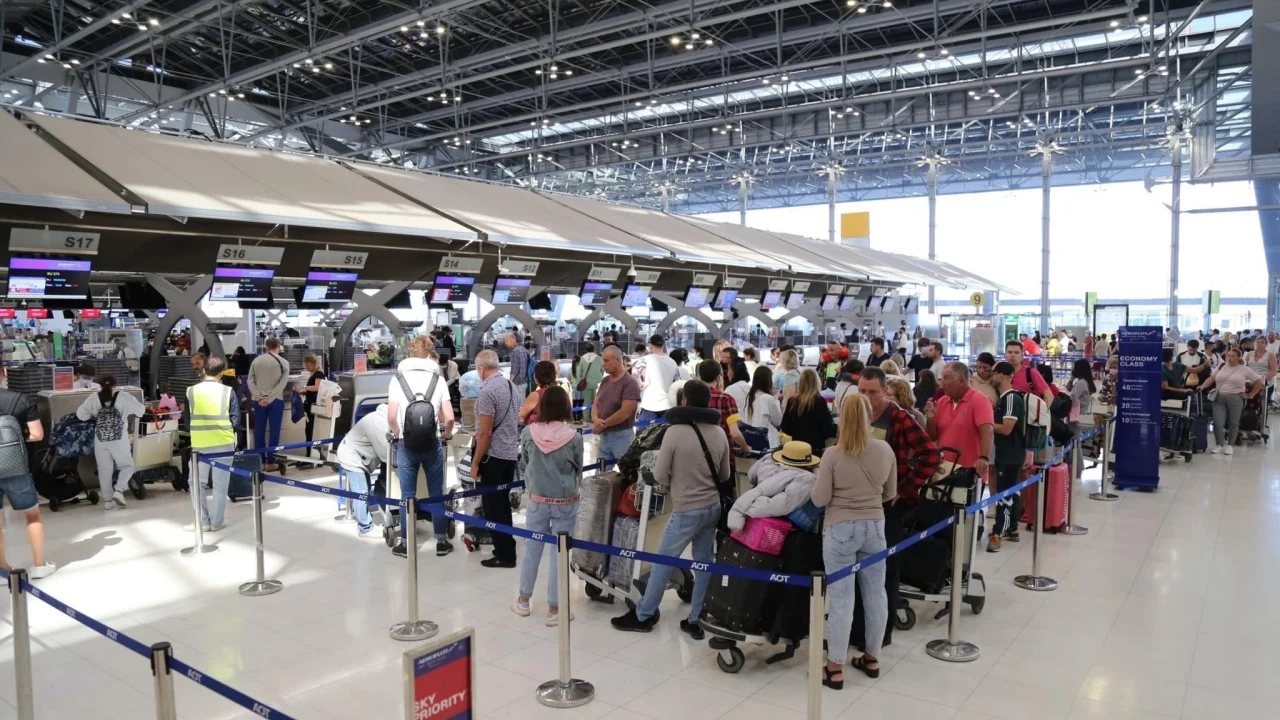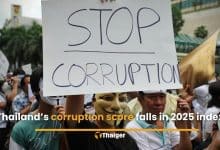Thailand aims to become Asian aviation hub, says Thai PM

Prime Minister Srettha Thavisin outlined plans to transform Thailand into an Asian aviation hub. The announcement was made during his keynote speech at the Thailand 2024 The Great Challenges event. He highlighted the government’s focus on tourism and the introduction of several measures to boost the industry, including reciprocal visa exemption programmes.
A reciprocal visa exemption deal will be signed with China this week, according to the premier. Additionally, talks are planned with the European Union to discuss a similar agreement with Schengen countries.
PM Srettha detailed the government’s ambitious aim to upgrade the nation’s aviation sector, which would necessitate streamlined immigration procedures, flight overhauls, and the construction of airports in secondary cities. He underscored the significance of extending economic opportunities to Thai citizens through major projects, referring to the Thaksin Shinawatra government’s decision to construct the Suvarnabhumi International Airport as a past example, reported Bangkok Post.
“Over the past two decades, we had governments that saw opportunities and seized them.”
The prime minister also discussed the Land Bridge megaproject, a 1-trillion-baht (US$27,974,450,000) initiative aimed at developing a logistics network linking Ranong and Chumphon. He reiterated his commitment to soliciting feedback from all stakeholders, including potential investors and locals.
The 61 year old Thai PM previously presented the project at three international events: the APEC Summit in San Francisco, the ASEAN-Japan Commemorative Summit in Japan, and the 2024 World Economic Forum in Davos, Switzerland.
“We listen to not only the public but also investors and it’s the government’s job to weigh if what they want are positive or negative to the people.”
While discussing the Land Bridge project, PM Srettha encouraged stakeholders to consider the benefits the Suvarnabhumi Airport has brought to the country. He reaffirmed that the government is open to investment from all nations.
Furthermore, he mentioned the government’s policy to triple farmers’ incomes within four years without resorting to price intervention or subsidies. Instead, they plan to create more opportunities through product development.
Latest Thailand News
Follow The Thaiger on Google News:


























